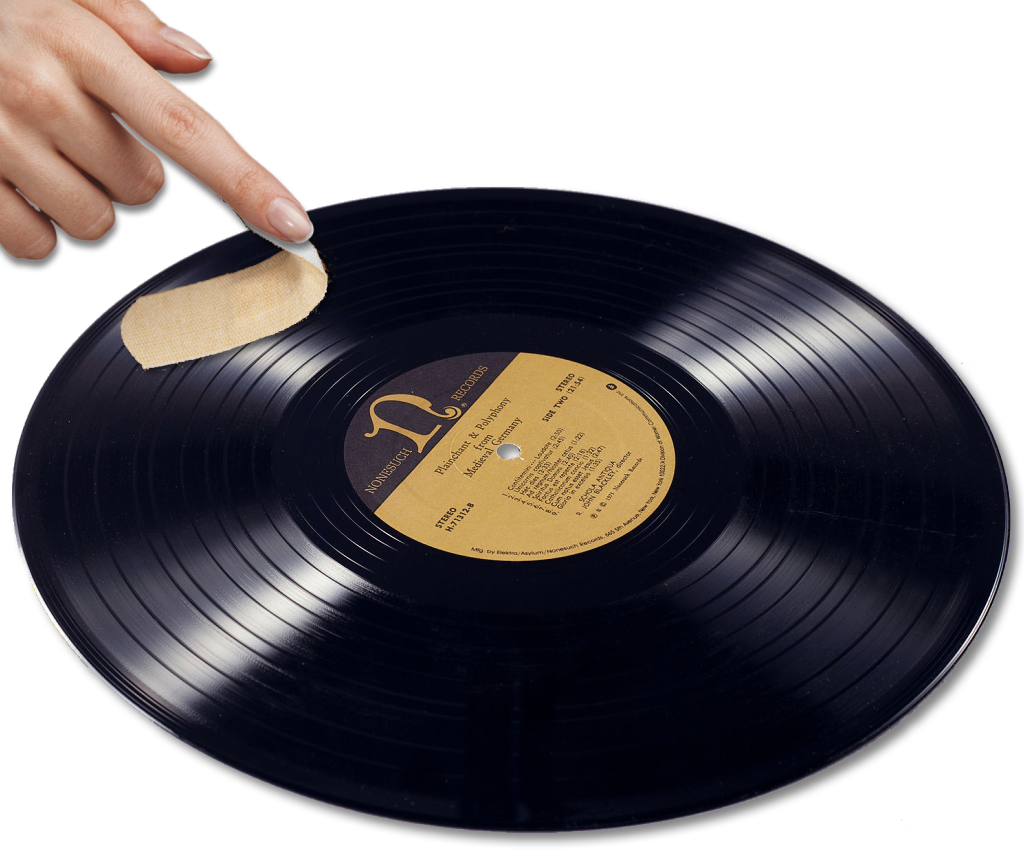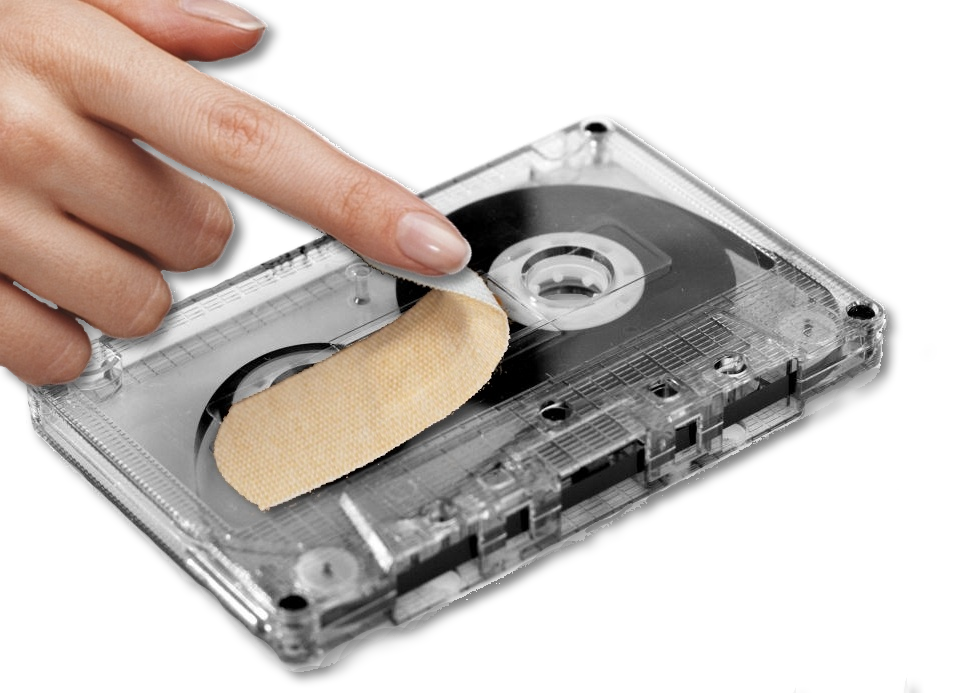| By: Paul S. Cilwa | Viewed: 7/26/2024 Posted: 9/1/2017 |
Page Views: 3137 | |
| Topics: #Music #Ripping | |||
| How to extract and digitize the audio of your source material (CDs, records and tapes). | |||

So, now that you know what digital audio files are, let's make one. We have many choices, but they all boil down to some combination of a CD you want to rip, a computer with a CD reader to rip it with, and software to actually do the ripping and provide you with the format of your choice.
Yes, the verb is "rip". I assume it derives from "rip off" but it's perfectly legal for you to rip digital audio files from your own CDs, records and tapes, just as it is legal for you to make cassette copies of them. What's not legal is to share those MP3s with other people, just as it wouldn't be legal for you to churn out cassette copies of a CD and give them away (or, worse, sell them). Similarly, it isn't really kosher for you to rip your friend's CD and keep the MP3s for yourself. The law states that you can make "backup" copies of your own CDs for your personal use.
Most sound file formats allow non-sound information to be included with the sound data. This non-sound information usually consists of information that used to be written onto record labels: The song title, artist, year of release, composer, and so on. These bits of information are called tags. As recently as 2006, MP3 lovers had to spend a lot of time and care supplying information for the tags. Now most, if not all, of that work can be done automatically.
Sure, it's scary—like ripping off a band-aid—but in the end you'll be relieved; because your music will be backed up and playable on all your modern devices, without risking further damage to your precious source material.
Your first decision: What kind of source material do you want to rip—a CD, a record, or a tape?
Ripping CDs
| By: Paul S. Cilwa | Posted: 2/26/2008 |
Page Views: 7301 | |
| Topics: #WindowsMediaPlayer #MP3s #Ripping #Music #Techniques | |||
| A quick tutorial on how to rip tracks from your own CDs. | |||

So pick one of your CDs. (If it's clean and shiny the rip will take a few minutes; if it's scratched, it will take longer as your computer attempts to use error checking on the disk to recreate the missing data.) Next, you need a computer program to do the ripping. There are many programs that do this; and most of them are free. We'll look at two; but first, don't neglect the possibility that your computer came bundled with commercial CD-ripping software. Although the screenshots won't match anything I can show you, the concepts and terms will be similar.
Read more…
Ripping Vinyl (and Shellac)
| By: Paul S. Cilwa | Posted: 8/15/2017 |
Page Views: 3471 | |
| Topics: #Music #Ripping #Vinyl | |||
| A quick tutorial on how to rip tracks from your own antique (as well as new audiophile) records. | |||

If you have, as I do, a large collection of the platters we used to call "records" and had given up hope of ever being able to enjoy them on your MP3 player, smartphone, or other device, be of good cheer! Because there are now several methods of doing so: Replacing the albums, reading records by laser, playing them on your original turntable, and playing the records on a USB turntable, are four that we'll look at.
Read more…
Ripping Tapes
| By: Paul S. Cilwa | Posted: 8/15/2017 |
Page Views: 3618 | |
| Topics: #Music #Ripping #Tapes #Reel-to-Reeltapes #Cassettetapes | |||
| A quick tutorial on how to rip tracks from your own reel-to-reel, cassette, and 8-track tapes. | |||

The final frontier, so to speak, of ripping your analog music sources, is tape—or, more broadly, any source that produces a "Line Out" signal that you used to have to plug into an amplifier, but can now (with the appropriate patch cable) be plugged directly into your computer's "Line In" jack. The actual recording/digitizing will be done with Audacity, whose use I've previously described for use with tracks taken from vinyl; the basic usage of the application is the same, of course; but digitizing from tape has special challenges of its own. Tapes, for starters, do not include surface noise like records; but they are (especially in the form of cassettes and 8-tracks) prone to "tape hiss".
Read more…





